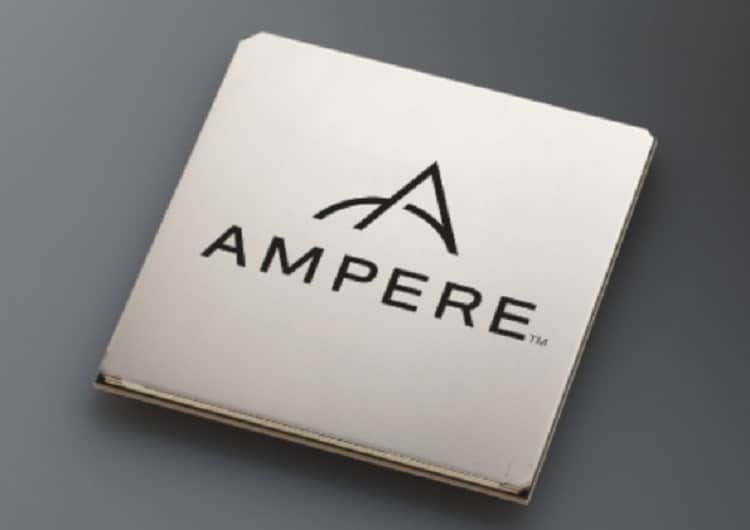Ampere Computing said the company had signed an agreement to supply the latest ARM-based server processors to Microsoft and one of China’s largest IT holdings, Tencent. This is a big step for a company to develop its own powerful ARM-based server processors.
Ampere CEO Renee James, Microsoft Azure, Tencent Cloud, and China’s ByteDance, behind TikTok, are already using Ampere Altra nordic processors. There are also other customers from among the major players in the IT market.
Syren’s new 5nm chips with cores that rely less on off-the-shelf ARM solutions and are more developed internally by Ampere are expected to ship next year. Proprietary technologies will help developers quickly optimize products for specific data center creators who intend to meet the demand for cloud services.
The California-based company, backed by Oracle’s investments, is now one of the few with a realistic chance of challenging Intel’s total dominance in the HPC market. Many chips are known to be comparable in price to that of an inexpensive car. Intel, which until recently occupied more than 99% of the market, in addition to Ampere, is still able to oppose something only AMD, as well as AWS, one of Amazon’s subsidiaries, which also develops chips based on ARM.
It is believed that the ARM architecture, in contrast to x86 solutions, provides more budgetary server solutions with low power consumption and relatively low heat dissipation. Ampere claims that their current designs are better than Intel and AMD’s offerings regarding overall performance and efficiency. Since these companies create many series of chips for different users, this prevents them from preparing solutions better adapted for the cloud computing market.
Ampere itself, like many other chip developers, is outsourced to Taiwanese TSMC. Next year’s models will be made in accordance with the 5nm manufacturing process. According to Rene James, Ampere has amassed sufficient financial cushion to develop new generations of chips at its own expense.
